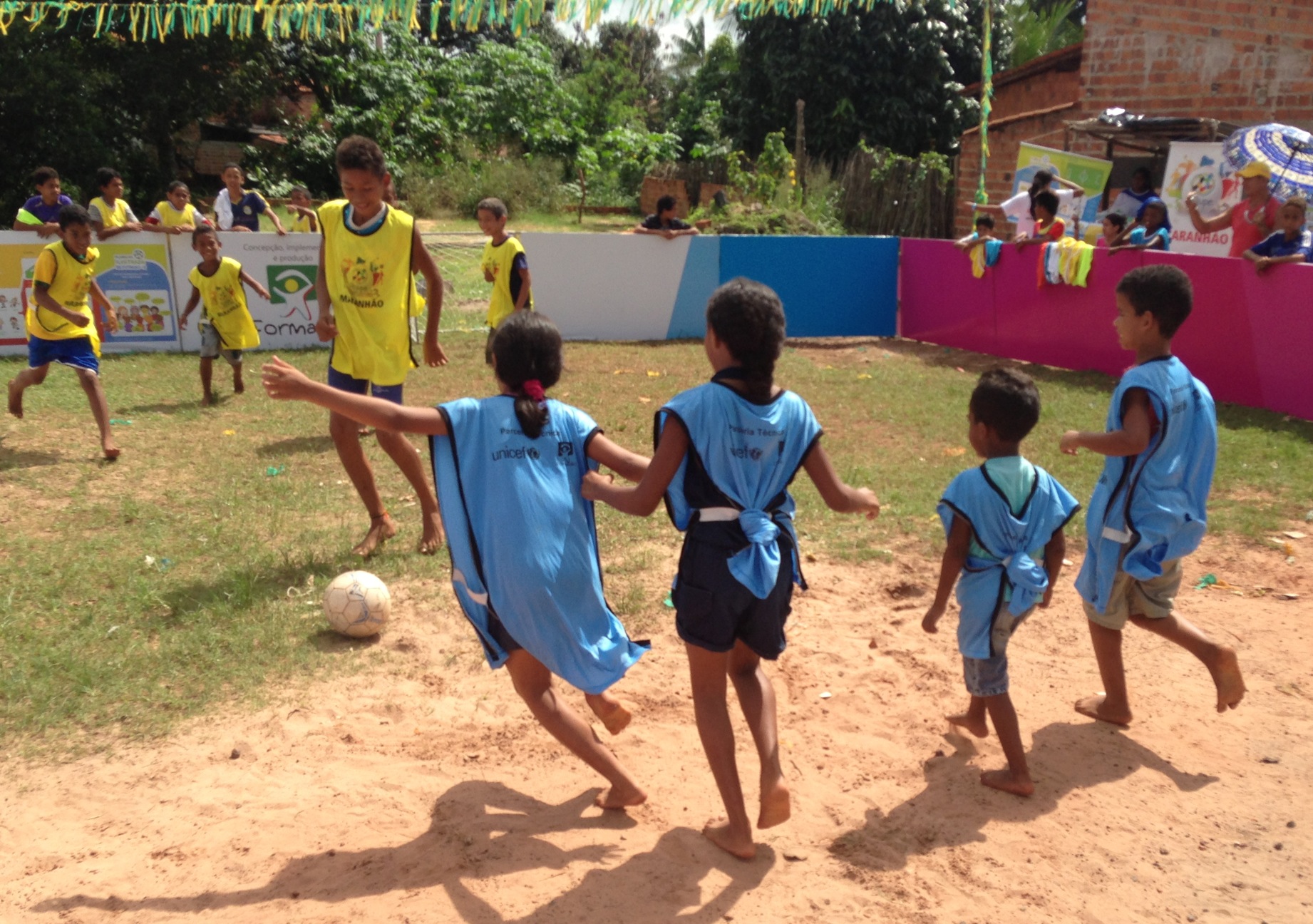Strengthening human security in the central municipalities of the Paraguayan Chaco
Duration: October 2014– June 2017
Budget: US$2,354,200 (UNTFHS: $1,500,000; Pooled Funding: $854,200)
Implementing Agencies: UNDP (lead), WFP, PAHO
The Chaco region in Paraguay faces severe challenges, including low levels of development exacerbated by insufficient rainfall and recurrent flooding. With the region being one of the driest areas in Latin America, its population faces a significant water deficit worsened by adverse climate effects. This has resulted in a decreased capacity for the population to adopt resilience-building strategies in response to these climate change-related risks. Beyond climatic factors, the region grapples with the intersection of old and new insecurities, including the impact of global economic shifts on land use and acquisition.
The programme aims to craft a multi-sectoral and replicable model for development to protect and empower marginalized communities in vulnerable conditions in the Chaco region. To this end, the programme’s key objectives are to: (i) strengthen the local government’s capacities to deliver quality healthcare and safe water; (ii) ensure adequate nutrition for the most vulnerable groups; (iii) increase resilience to droughts and floods through awareness-raising on disaster risk reduction; and (iv) improve livelihood protection through the promotion of fair trade and employment.
KEY MATERIALS
Article: Good practices of sustainable production in the Chaco Region
Article: Mission to Chaco – Visit to the indigenous community Tunucujai

